Healthyhomesplus:What Is Tai Chi? A Beginner’s Guide to This Mind-Body Practice
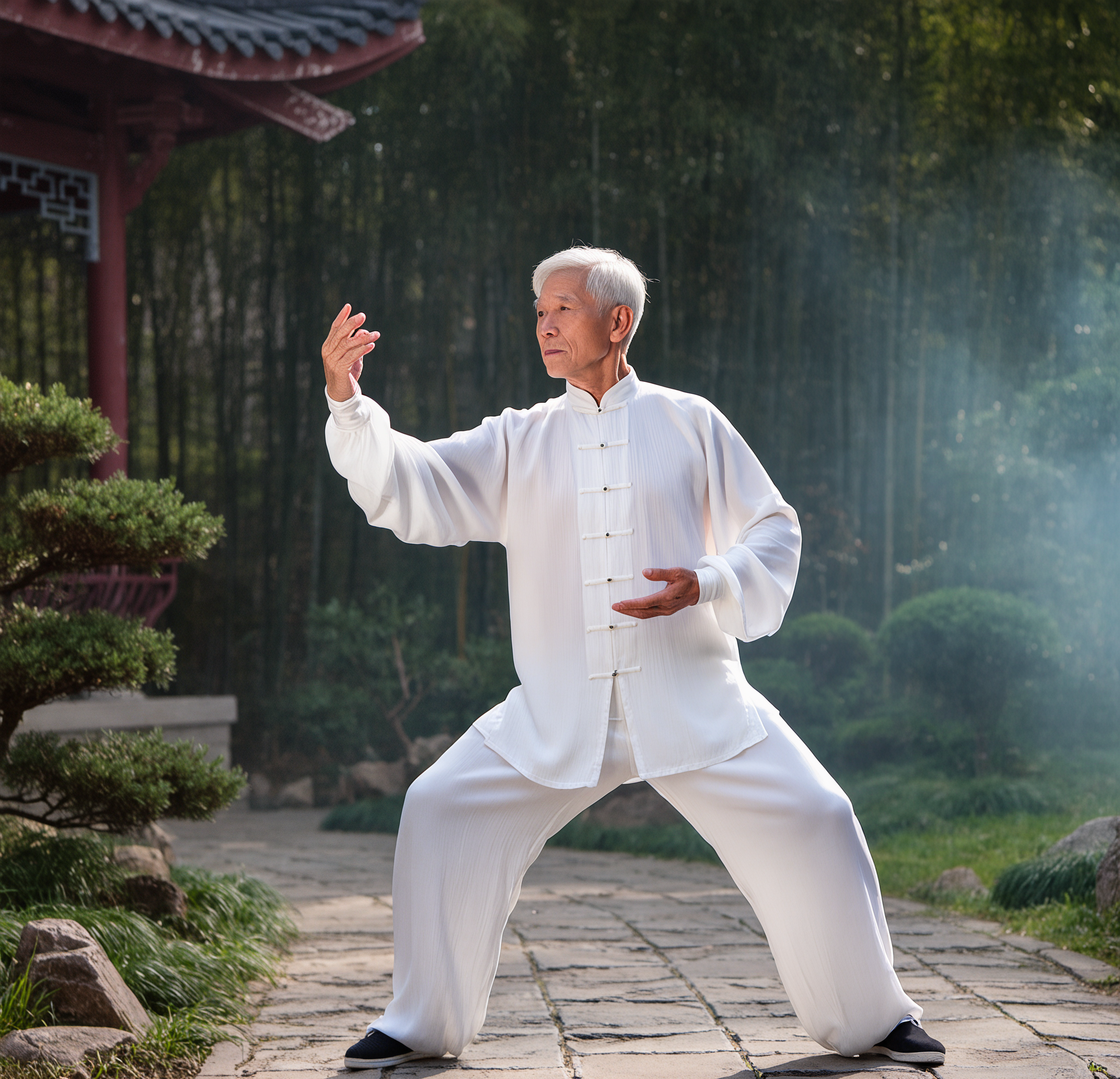
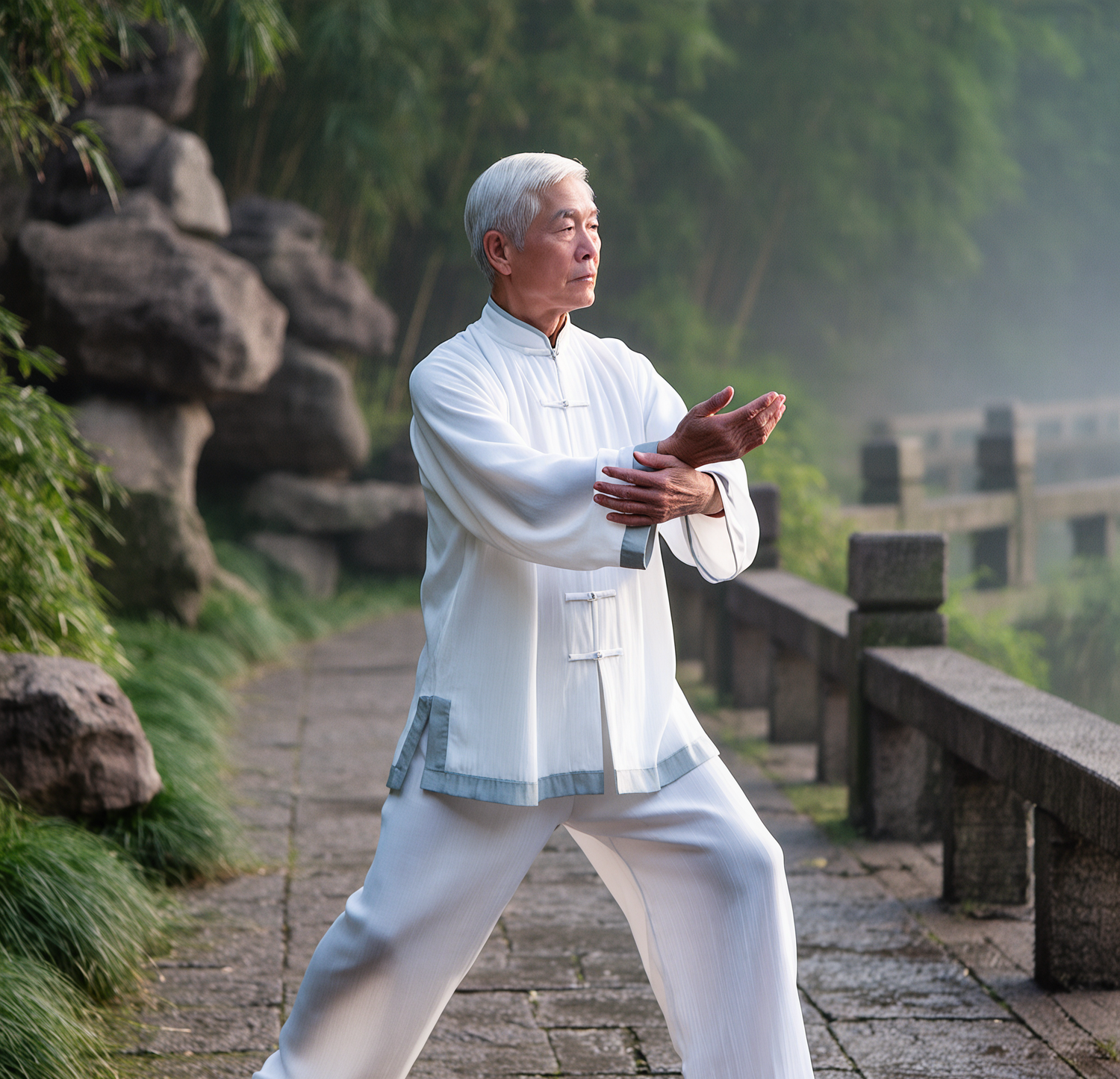
What is Tai Chi?
A tai chi practice involves slow, flowing movement — and with that comes a host of health benefits, including better balance, mobility, and coordination. Tai chi (also called tai chi chuan or taijiquan) is a mind-body exercise that combines movements, meditation, and deep breathing.
The word “tai” means “supreme,” “chi” means “boundary,” and “chuan” means “fist” or “movement.” Put those together, and tai chi chuan translates to a method of movement that cultivates inner peace, power, and awareness, and fosters overall wellness.
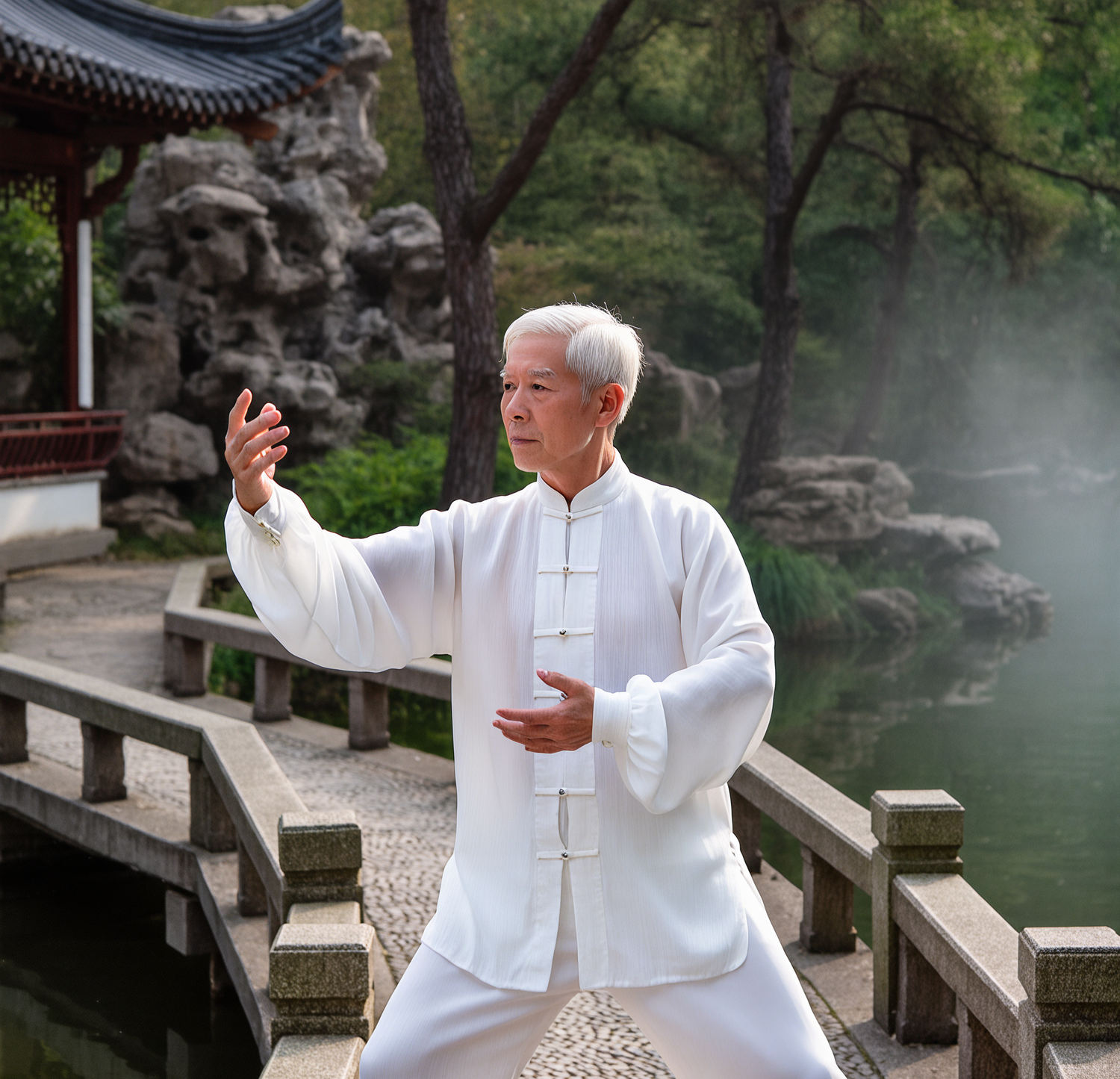
How Tai Chi Works
During tai chi, you stand or sit and shift your weight from side to side and front to back as you perform various movements that flow from one to the next.You may go through anywhere from just a few movements (or positions) to dozens in a single session.
Tai chi is considered a mind-body exercise. “I would even add that tai chi is a mind-body-spirit exercise,” saysRuth Taylor-Piliae, PhD, RN, a professor in the nursing and health sciences division at the University of Arizona College of Nursing in Tucson. “The mind reflects a person’s thoughts, emotions, attitudes, and beliefs, while the body is our physical health, and the spirit represents breath. Tai chi can impact all of those aspects of a person,” she says.For people who are living with an illness, such as cardiovascular disease, heart failure, hypertension, metabolic syndrome, or chronic obstructive pulmonary disease (COPD), practicing tai chi may help improve fitness and build strength, particularly in the lower body: “In some cases, tai chi does as well as vigorous walking,” says Wayne.
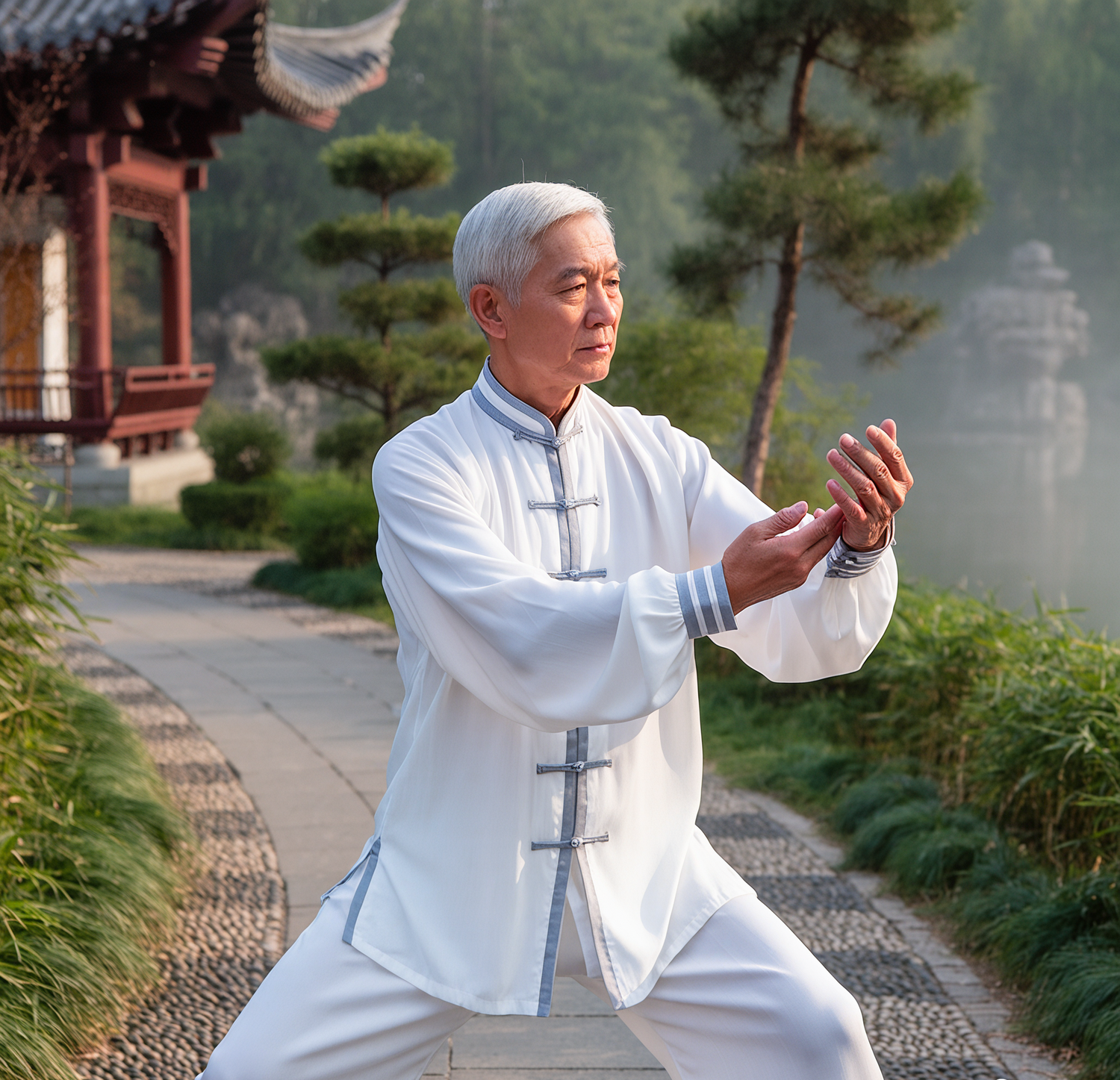
Benefits
By combining slow, mindful movement with focused breathing, Tai Chi enhances body awareness and postural stability—dozens of trials show it cuts fall risk in older or mobility-impaired adults.
Regular practice helps regulate circulation and blood pressure, eases heart-disease symptoms, and reduces anxiety and depression in people with conditions like COPD, Parkinson’s, or stroke.
Even beginners gain better mobility, less joint stiffness, deeper sleep, reduced anxiety, sharper cognition (including mild cognitive impairment), and overall life satisfaction.
From a single session to year-long routines, Tai Chi lowers stress, anxiety, and depression, while raising self-esteem and cognitive skills—enhancing memory, focus, and decision-making.
Its gentle weight-bearing stances slow bone loss and help protect against osteoporosis, making it a safe way to support skeletal health.
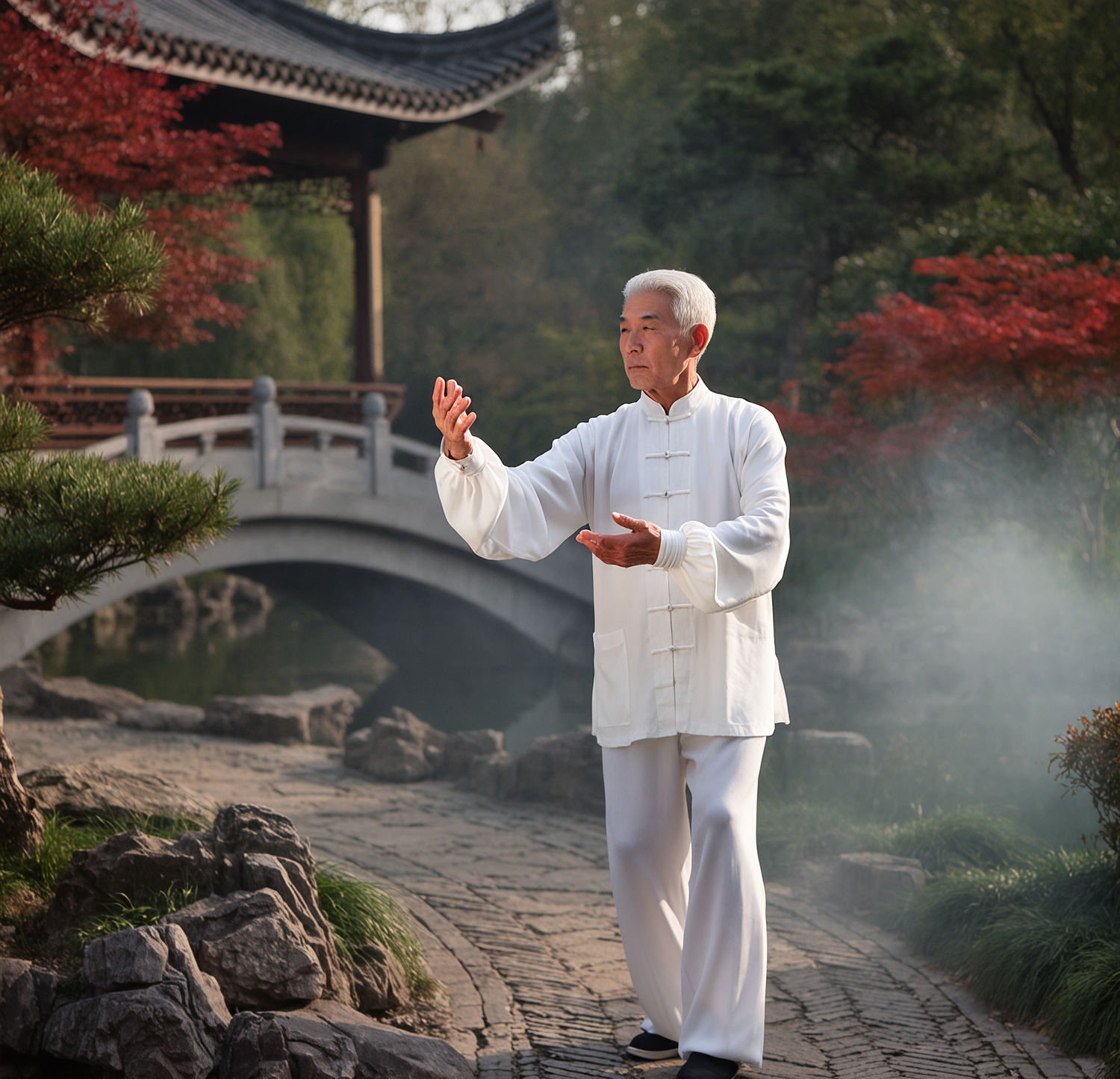
Tai Chi Risks
Tai chi is generally safe for most people without serious health concerns. Randomized controlled trials involving tai chi have found that the practice is unlikely to cause serious side effects, though some people experience muscle aches and pains.
